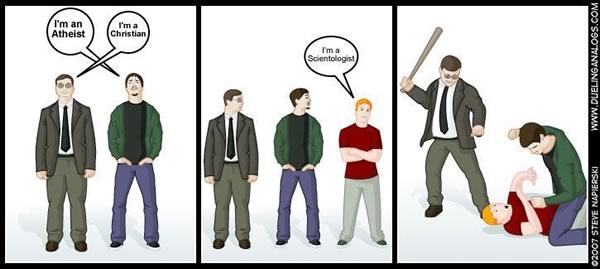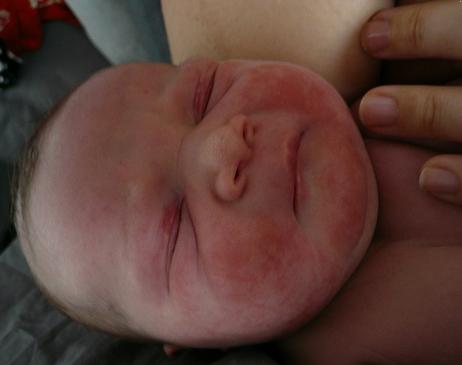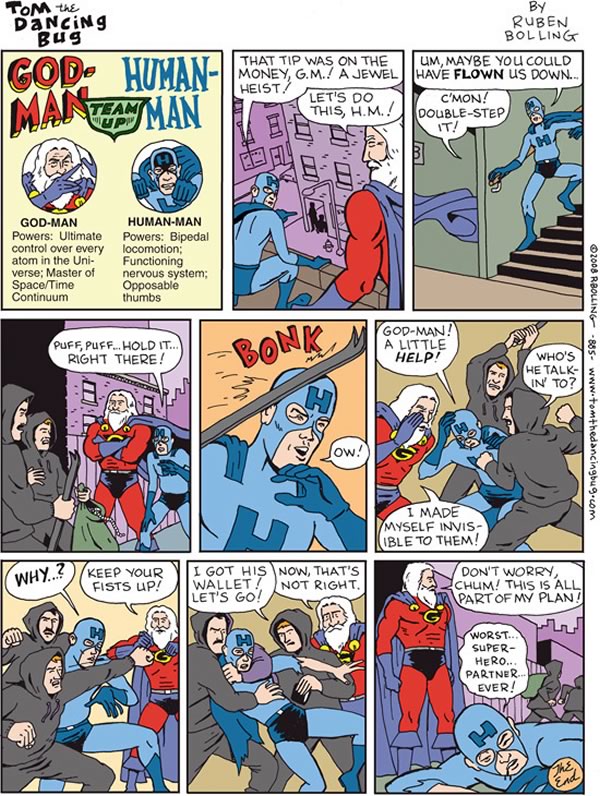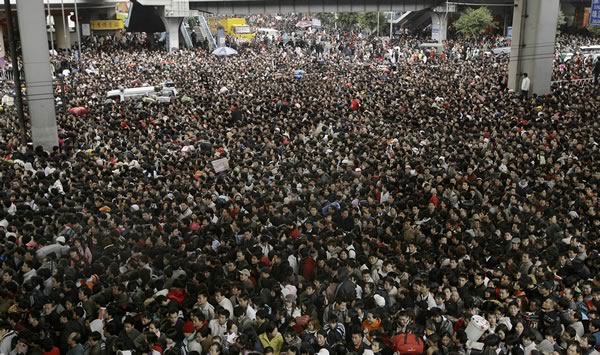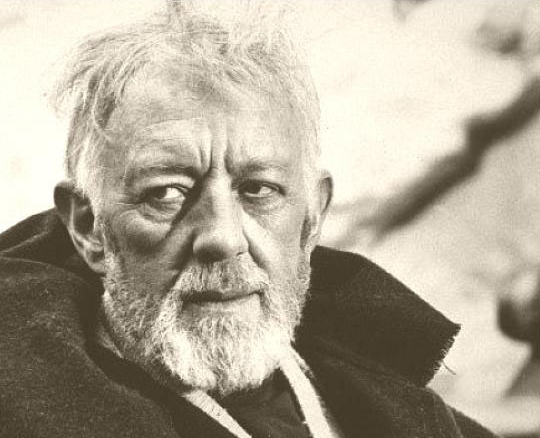
After watching Star Wars Episode I: The Phantom Menace (the one where we meet Anakin Skywalker), I remarked that in that movie, everybody knows that the Jedi are the powerful, guardians of peace and order in the Republic and wielders of the mysterious power called The Force. But by the time of Star Wars Episode IV: A New Hope (the one where we meet Luke Skywalker), which can’t have taken place more than a mere thirty years later, almost nobody remembers the Jedi and the Force is considered to be myth. I remember joking with my buddies that it would be like someone in the 1970s saying “Hitler wasn’t real!”
Well, as I like to say, the satirist’s job is a hard one these days, because reality keeps one-upping you. I’m not sure how many people think Hitler was a myth, but according to this news story, one quarter of Brits think Winston Churchill was a fictional character.

Also believed to be myths by the Brits surveyed:
- King Richard I, a.k.a. King Richard the Lionheart (47% of those surveyed)
- Florence Nightingale (23% of those surveyed)
- Charles Dickens (3% of those surveyed)
- Mohandas Gandhi, a.k.a. Mahatma Gandhi (in the top 10 of real people belived to be myths by those surveyed)
- The Duke of Wellington — the first one, who beat Napoleon at Waterloo (in the top 10 of real people belived to be myths by those surveyed)
Even worse, here are some mythical characters believed to be real by the Brits surveyed:
- Sherlock Holmes (58% of those surveyed)
- “Biggles” (33% of those surveyed)
While some people — such as The View’s most moronic host (and she’s up against some stiff competition) Sherri Shepherd — would argue that this isn’t the sort of knowledge you need, I argue that you need some sort of historical context to understand the news and to vote. I am reminded of the Churchill quote: “The best argument against democracy is a five-minute conversation with the average voter,” a telling quip from one of freedom’s most eloquent defenders.
